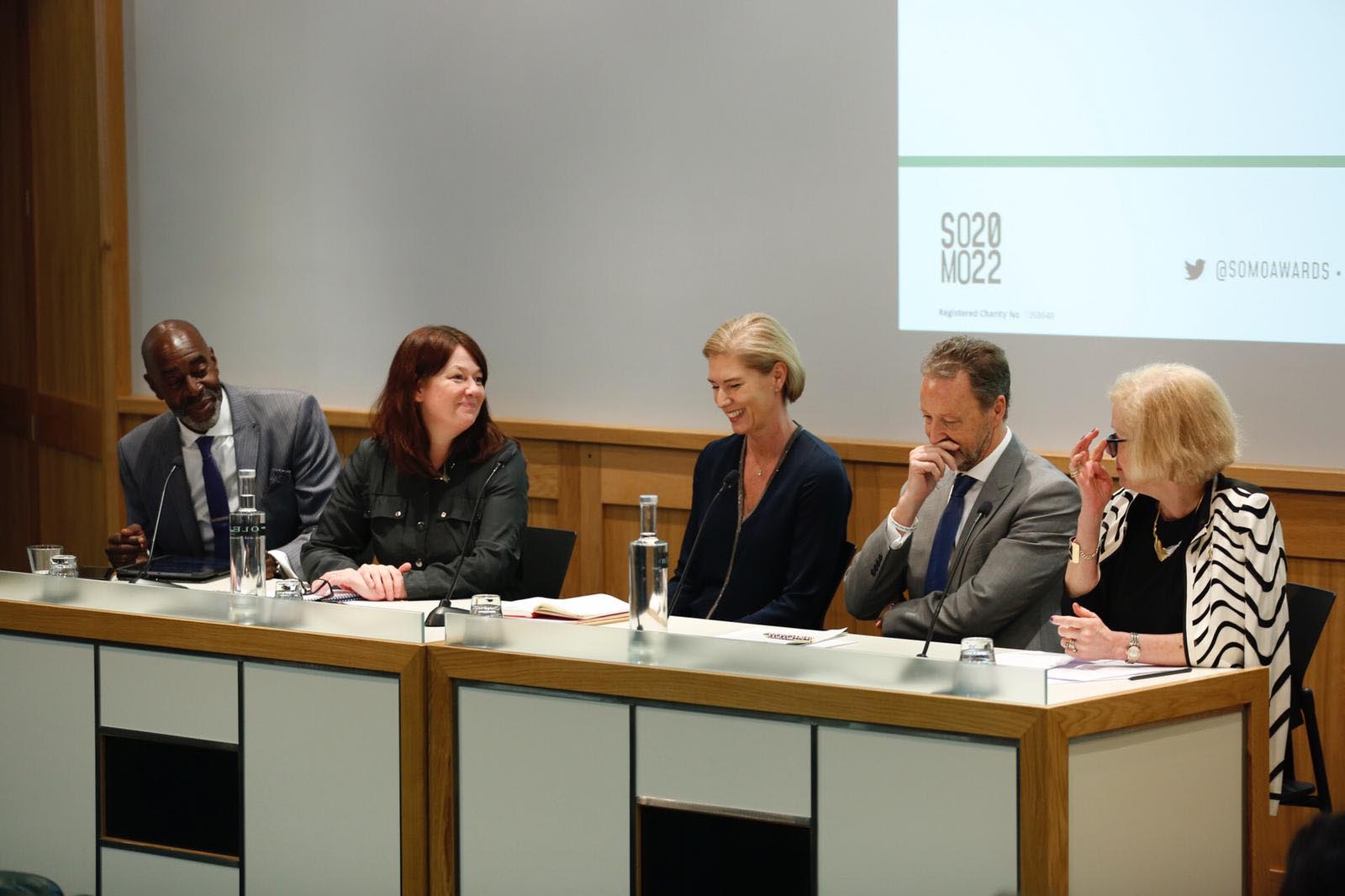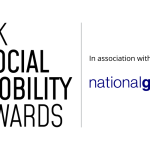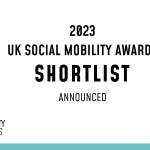Social Mobility Business Seminar 2022 – Panellists
By Michelle Udoh | Evaluation & Impact Officer, Making The Leap
Since 2017, the Social Mobility Business Seminar has attracted organisations from across the UK and offered an opportunity to reflect and act on social mobility. This year, we heard from:
- Hon Nadhim Zahawi MP, Secretary of State for Education
- Lord Mayor, Alderman Vincent Keaveny, City of London Corporation
- Helen Mahy CBE, Non-Executive Director, SSE plc
- Steve Murrells CBE, CEO, Co-operative Group
- Laura Hinton, Management Board Member – UK Tax Leader, PwC (UK) LLP
- Catherine Hearn, Director of Talent Acquisition, Amazon
- Dr Padmini Iyer, Head of Research and Advocacy, Making The Leap
In this article, we present the discussion points from the seminar and share links to key resources described on the day.
The role of education and apprenticeships in advancing social mobility
Nurturing the aspirations of young people through education is central to advancing social mobility. Key findings from a recent survey conducted by the Co-operative Group indicated that many young people currently believe that they do not have the chance to achieve their life aspirations. In light of these findings, the recent 72% fall in apprenticeship uptakes and the cost-of-living crisis, there are huge challenges facing young people in the UK today. Businesses can work in myriad ways to tackle these challenges, by championing the needs of young people and simultaneously investing in their communities. For example, businesses can foster closer relationships with the schools in the communities they serve. Following the example of the Co-op Levy Share service, which aims to support thousands of apprenticeships, businesses can also work with schools to support students’ transitions to further education, employment, or training (EET) opportunities.

Guests networking before the Seminar
The role of employers in advancing social mobility
Employers are becoming increasingly aware of the business case for socio-economic diversity, equity, and inclusion – benefits include increased productivity, creativity, and retention. Moreover, a growing number of employers understand that they have a social responsibility to ensure their workforce is inclusive and reflective of wider society.
There are many ways for organisations to promote social mobility across the employee journey – and it is crucial to secure support and buy-in from senior leadership to drive change. At the recruitment stage, it is important to be transparent about the process and provide support and guidance for candidates. This can be particularly beneficial for applicants from less advantaged socio-economic backgrounds, who may be unfamiliar with application processes in sectors such as law, financial and professional services. In terms of retention and progression, businesses should create an environment where everyone and anyone can be successful. This involves thinking about inclusion, rather than solely focusing on diversity, and learning from those working on other areas of diversity which currently receive less focus, such as neurodiversity.
The City of London’s Socio-Economic Diversity Taskforce is a valuable example of a social mobility initiative focused on progression. The Taskforce seeks to tackle the lack of socio-economic diversity in financial and professional services, by:
- Leading an industry consultation to find out how firms can be incentivised to act on improving socioeconomic diversity
- Creating a membership body for financial services focused on progression
- Producing research to build the business case for increasing socioeconomic diversity.
The role of data in advancing social mobility

Audience members’ at the Business Seminar
Targeted research and high-quality data can identify what needs to change within an organisation, and to track progress against social mobility goals. For organisations that do not know where to start, a first key action is collecting socio-economic background (SEB) data from new recruits. To go further, employers can examine diversity data to understand patterns in pay and promotions, and to highlight potential gaps in employers’ practices.
Effective data collection is underpinned by establishing trust – if employees feel safe, they are more likely to share their background data with employers. This can be encouraged by clearly communicating why data are being collected, and how data will be used.
How can you get involved?
The UK Social Mobility Awards is a fantastic opportunity to celebrate the employers and educators working to advance social mobility. If you, like 83 per cent of the seminar’s attendees, are part of an organisation that is acting on social mobility, we would love to hear from you! To find out more about entering the 2022 Awards, or to become a SOMO partner, visit https://www.somo.uk/.
Follow the UK Social Mobility Awards on social media for all the latest news and updates.





